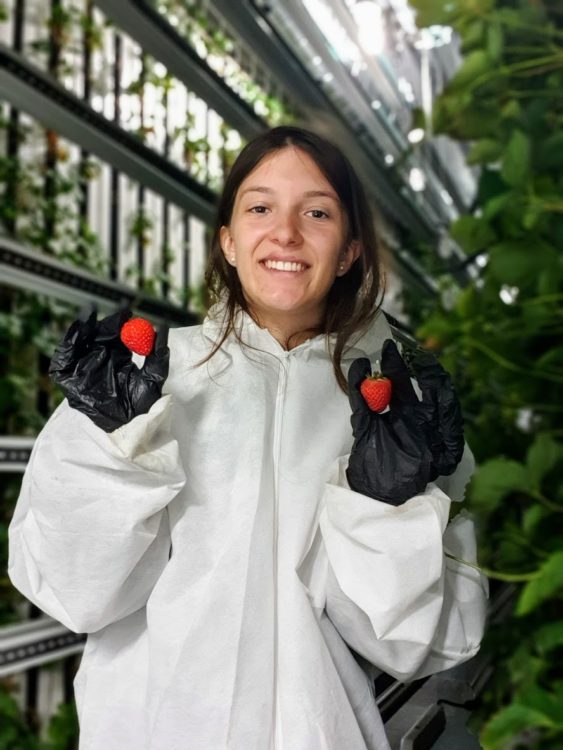To say that we are living in an age of disruption would be the height of understatement. COVID-19, dramatic climate change and the influence of these on the global economy are just a few instances of the types of shocks that occur with increasing frequency. So it is that more than ever, today’s students must learn to become more adaptable than the cohorts of yesteryear. And if the goal is to learn how to become more adaptable, there is no better realm than entrepreneurialism, where learning to follow – or even drive – the rate of change is a matter of survival.

With this reality in mind, the news that PitchBook, a business information company based in Seattle, USA, has ranked McGill University among the top 50 in its 2020 rankings of the best North American schools for undergraduate entrepreneurial programs, was cause for celebration. Tied in 30th spot (with University of Virginia), it was the second highest ranked Canadian institution.
In the category of support for female undergraduates, McGill ranked even higher at 18th, or the best in the country. It is a position that would come as no surprise to Ophelia Sarakinis, co-founder of Vertité, a start-up focused on sustainable urban farming that uses 90 per cent less land, water and fertilizer than conventional agriculture.
“From the beginning, the support and mentorship I received from Dobson was amazing,” she explained, referring to the Dobson Centre for Entrepreneurship. “I used to think the business world would be male-dominated, but I never had a problem getting people to address me as the CEO of the company.”
Her company has earned its share of accolades, taking second prize at the prestigious Dobson Cup this past July, and recently was admitted to the McGill X-1 Accelerator, also hosted by Dobson.
Another player in the McGill entrepreneurial space is the McGill Engine, which is run out of the Faculty of Engineering. The many alumni of this program are enthusiastic boosters of the support they received there.
“Combined with the other services, such as project grants and great mentoring, McGill and Engine are really setting the stage for the success of future creators and entrepreneurs,” said Guy Stysis, Co-Founder and CEO of Rokulo, a start-up that provides intelligent camera systems to the mining industry. The company has already received financing from external investors and has three projects underway across Quebec.
Support for entrepreneurship is not just limited to two nodes at the University but exists across a variety of platforms. Professors and students alike can benefit from the numerous resources available, whether it is negotiating patent disclosures, handling Intellectual Property or declaring an invention. Despite the challenges of our times, entrepreneurialism is alive and well at the University, providing the skills, resources and mentorship necessary to survive and thrive in this disruptive era.
